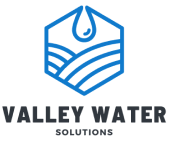Water Filtration Vs Water Purification: Which is Better – Clean water is essential for health and safety as the concerns about contaminants, pollutants, and waterborne diseases are increasing. However, it is important to choose the best method of water treatment for your home or business. When you explore your water treatment options bring you to two commonly used methods: filtration and purification.

